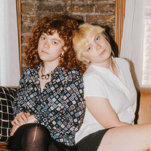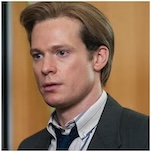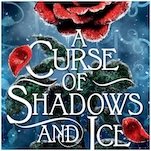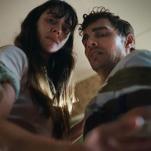Reade Wolcott Shares Her Soul on Ordinary Life
The We Are The Union vocalist shares her transition journey on the band's forthcoming album
Photos by Rae Mystic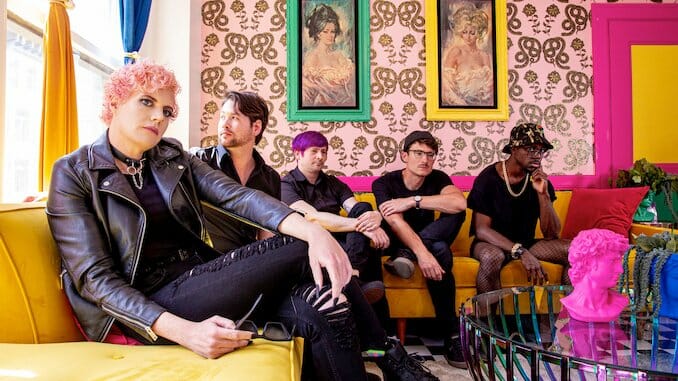
The story goes: While on tour with Leftover Crack, guitarist Reade Wolcott was scrolling through Facebook and came across a meme about gender dysphoria that led to the egg_irl subreddit. Curious, Wolcott followed the link and spent the rest of the night scrolling through each meme, caught up in Reddit’s endless abyss of content. By morning, the tour bus was parked in front of 1904 Music Hall in Jacksonville, Florida, and Wolcott awoke with a shocking realization.
“Fuck, I’m trans.”
Wolcott describes this to me in one breath, sounding equal parts adrenaline-fueled and nervous, but nonetheless self-assured. It has been a long process that she realized went back years before that fateful night on the tour bus—she just finally had the words to describe it.
-

-

-

-

-

-

-

-

-

-

-

-

-

-

-

-

-

-

-

-

-

-

-

-

-

-

-

-

-

-

-

-

-

-

-

-

-

-

-

-





